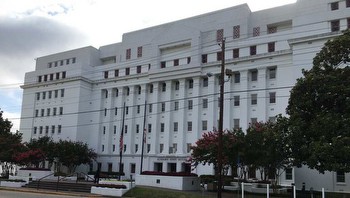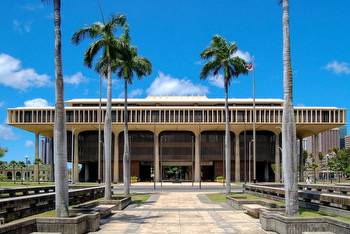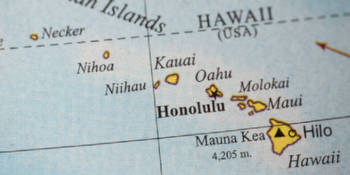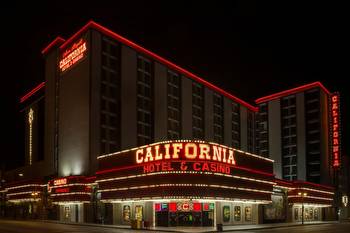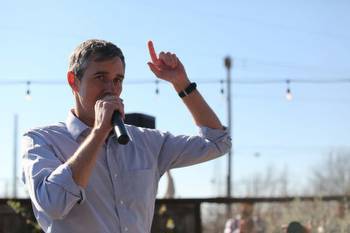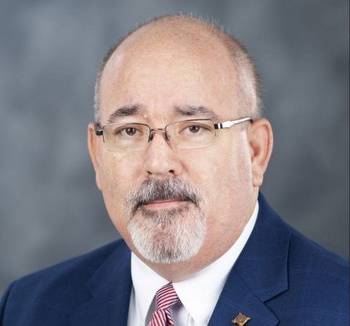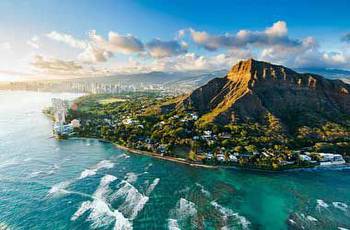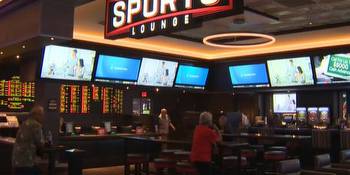Strict Regulation, High Taxes: How Would A Casino Work In Hawaii?

Hawaii has considered many gambling proposals over the last three decades. The Legislature has ordered studies on all those forms of gambling. All the proposals failed. This year, several lawmakers are back with measures to allow a single casino in Waikiki and regulate online sports betting and online fantasy sports games. House Vice Speaker John Mizuno says the measures won't pass because 2022 is an election year. The House is up for reelection. Hawaii is one of two states that prohibit all forms. of gaming. It is hoping to convince people that heavily regulated gambling can be a healthy source of revenue.
Nevada is considered the gold standard in regulating casinos. Hawaii is considering a similar proposal. In Maine, only two casinos are allowed to operate. Massachusetts also has different tax rates for different casinos, which brought in $58.9 million in 2019.
Mizuno's casino proposal on Oahu would charge a $20 entry fee. The aim is to deter residents from gambling too much and encourage tourists to spend their money at the casino. Problem gamblers may be more sensitive to price than casual gamers. The placement of a casino may have more bearing on who decides to go there. States and casino operators should funnel a portion of profits into addiction treatment programs. They should also leverage the opening of the casinos to create more public and social awareness around gambling problems.
Last year, the state Department of Hawaiian Home Lands proposed a resort-casino development in Kapolei. It argued the revenues would help build more houses for Native Hawaiians. Last year lawmakers struck down the proposal. This year the Legislature plans to give DHHL a $600 million lump sum to help fund housing initiatives. Mizuno wants a portion of the money to go to helping build homes. He points to successful Native American tribal gambling operations on the mainland. The studies found that unemployment and family poverty rates declined since the 1990s, while funding for infrastructure increased.













